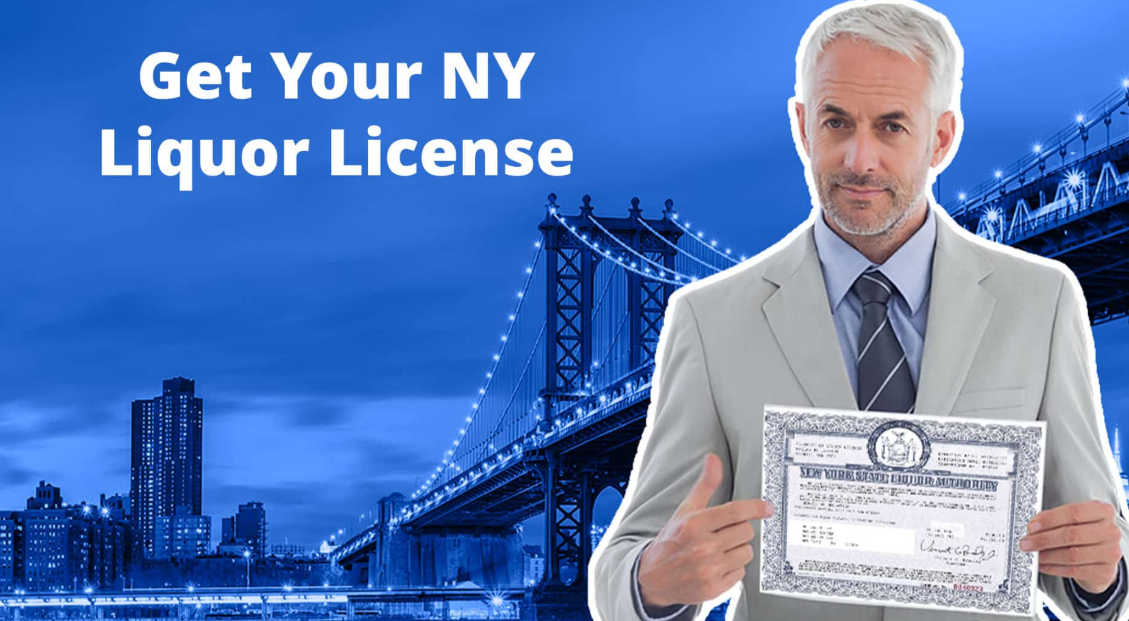Acquiring a liquor license in NY is an essential milestone for businesses desiring to serve or sell alcoholic beverages legally. Understanding the regulatory landscape surrounding liquor licensing is crucial for ensuring compliance, optimizing operations, and mitigating risks. In this article, we’ll explore the various types of liquor licenses available in New York, outline the application process, highlight compliance requirements, and stress the significance of seeking legal assistance.
Types of Liquor Licenses Available in NY
New York State provides several categories of liquor licenses, each serving distinct business needs. Knowing the differences can help you select the right license for your establishment.
On-Premises Licenses
Ideal for bars, restaurants, and clubs, these licenses allow businesses to serve alcohol to customers within their premises. There are various subcategories to match different establishment types.
Off-Premises Licenses
Designed for liquor stores and convenience shops, these licenses permit the sale of alcoholic beverages for consumption away from the premises.
Special Event Licenses
If you’re organizing a temporary event like a festival or private celebration, obtaining a special event license may be necessary. These come with specific requirements and short-term approval processes.
Each license type carries unique regulations and restrictions, so it’s essential to select one that aligns precisely with your business model.
The Application Process: Steps to Obtain Your Liquor License
Navigating the application process for a liquor license in NY can be complex. Below is a clear overview of the major stages involved.
Determine License Type
Identify which type of license best fits your business operations by assessing your service model and sales intentions.
Gather Required Documents
Prepare essential paperwork such as proof of business address, ownership details, financial records, and zoning approvals.
Complete the Application
Fill out the liquor license application form thoroughly and accurately to prevent unnecessary delays or rejections.
Undergo Background Check
Expect a comprehensive background review, which may include fingerprinting and evaluation of your legal history.
Post Public Notice
Most applicants must post a public notice to allow the local community an opportunity to provide feedback.
Await Approval
The approval phase can take several weeks or even months. Local authorities may also conduct on-site inspections during this period.
Having an experienced liquor license attorney involved can simplify every step and help ensure accuracy and timeliness.
Compliance: Key Regulations to Follow
Once your liquor license is approved, compliance becomes an ongoing commitment. Staying within the bounds of New York’s state and local regulations is essential for keeping your business operational and penalty-free.
Hours of Sale
All businesses must strictly adhere to approved sale hours for alcohol service to avoid fines or license violations.
Responsible Service Practices
Ensure staff are trained in responsible service and aware of age verification rules to prevent liability issues.
Record Keeping
Maintain accurate, up-to-date records of alcohol sales, purchases, and supplier information for audits or inspections.
Consequences of Non-Compliance
Failing to comply with New York’s liquor laws can result in significant repercussions for your business.
Fines and Penalties
Violations can trigger substantial financial penalties from regulatory authorities.
License Suspension or Revocation
Serious or repeated offenses may lead to suspension or even permanent loss of your liquor license.
Legal Liability
Non-compliance can expose your business to lawsuits and long-term reputational harm.
To prevent these risks, it’s vital to remain updated on evolving regulations and maintain strong relationships with legal experts in liquor law.
The Role of Legal Assistance in the Licensing Process
Working with a liquor license attorney can make a significant difference in navigating the complex process of securing and maintaining your license in New York.
Streamlining the Application Process
Legal professionals ensure all documentation is complete, compliant, and submitted properly, helping you avoid costly errors.
Identifying Compliance Risks
Attorneys can detect potential issues before they escalate into violations or penalties, protecting your business from unnecessary setbacks.
Providing Ongoing Guidance
As liquor laws evolve, an attorney keeps your business aligned with new compliance requirements and regulatory changes.
Conclusion: Secure Your Liquor License for Compliance and Success
Securing a liquor license in New York requires attention to detail, patience, and an understanding of intricate laws. By familiarizing yourself with available license types, the application process, compliance regulations, and the importance of legal support, you can position your business for long-term success.
Whether you’re launching a new establishment or expanding an existing one, investing time and effort into understanding liquor licensing ensures your business operates smoothly and lawfully in New York’s vibrant market. Partnering with legal experts can make this journey more efficient and help safeguard your establishment’s future.





Comments